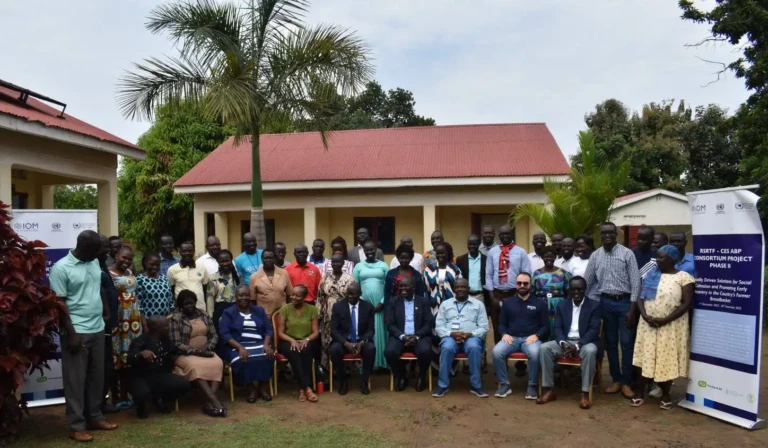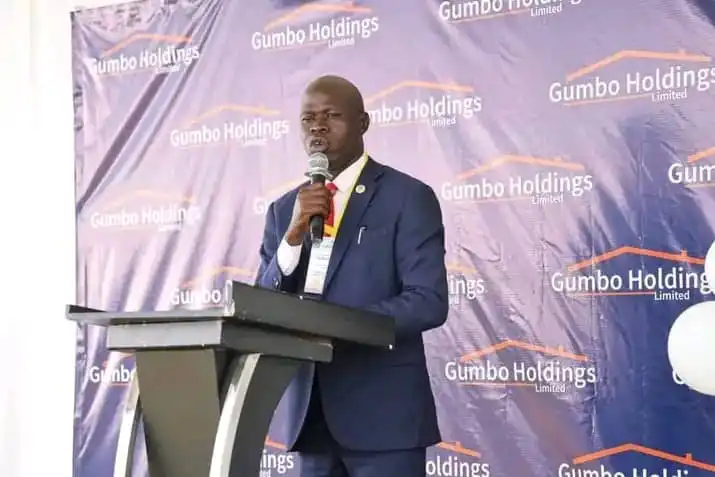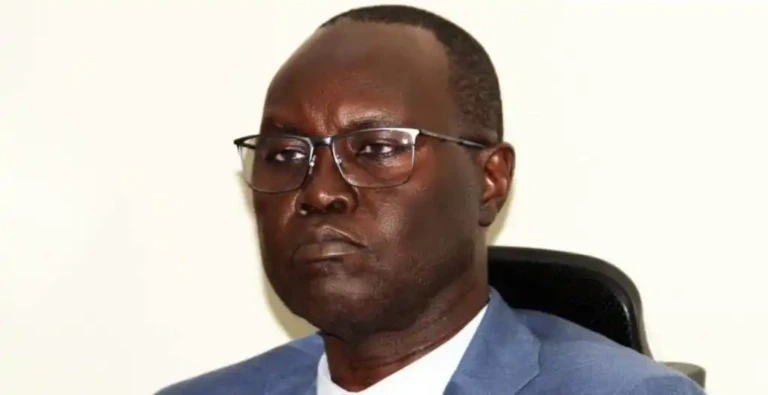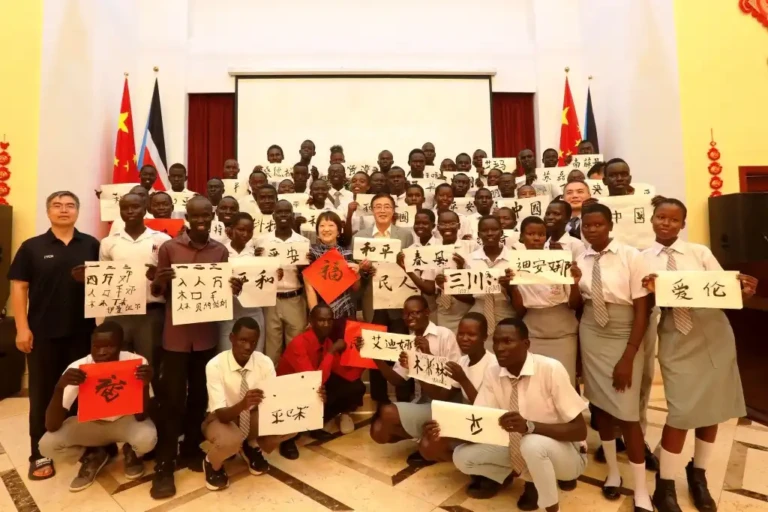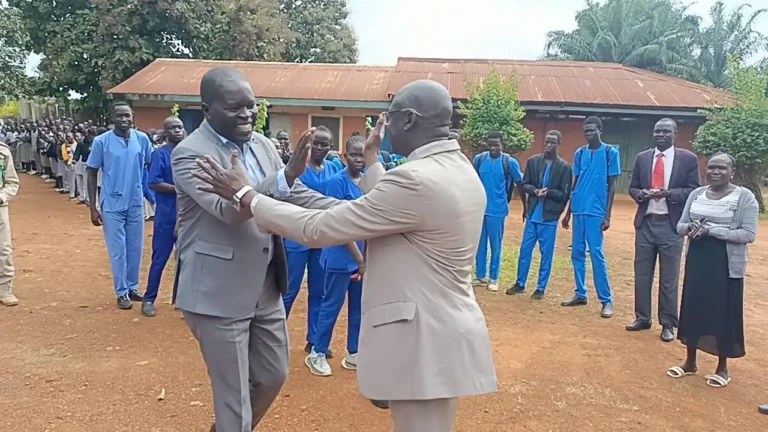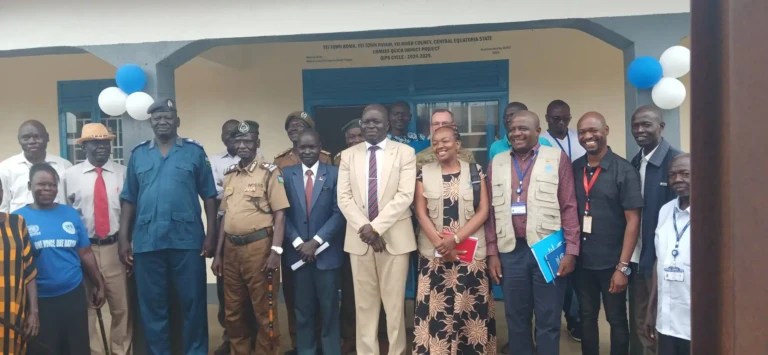
Civil society leaders and political observers in South Sudan have voiced strong criticism of Ugandan President Yoweri Museveni’s recent visit to Juba, claiming the trip failed to tackle urgent political and security crises threatening the country’s fragile peace. The visit, which lasted two days and concluded on Friday afternoon with a formal farewell by President Salva Kiir at Juba International Airport, has drawn mixed reactions from South Sudanese citizens and international observers alike.
Although President Museveni, widely known for his role in brokering the 2018 peace agreement in South Sudan, held meetings with President Kiir and key ministers on bilateral cooperation and trade, critics say he avoided the real crisis. The growing political tension following the detention of First Vice President and opposition leader Riek Machar was not meaningfully addressed during the talks.
Machar, a key figure in the 2018 revitalised peace deal, has been placed under house arrest by orders from President Kiir. His allies, some of whom have also been detained, deny government claims that Machar was plotting a rebellion. The arrests have raised alarm internationally, with the United Nations, African Union, and regional leaders warning that such actions jeopardise the peace deal and risk a return to conflict in the country.
Museveni’s public statements after the visit focused largely on economic cooperation and regional trade alignment between Uganda and South Sudan. Foreign Affairs Minister Ramadan Goc echoed this view, describing the trip as “successful” and highlighting discussions around border trade and socio economic development. Museveni, posting on his official social media account, also pointed to trade as a primary topic of discussion. No mention was made of the political detentions or mounting insecurity in his statement.
| Key Points from Museveni’s Visit | Details |
|---|---|
| Dates of Visit | 3 to 4 April 2025 |
| Hosted by | President Salva Kiir |
| Focus of Talks | Bilateral trade and cross border collaboration |
| Not Discussed | Detention of Riek Machar, rising unrest, Uganda’s military deployments |
| Reactions | Civil society leaders, activists, and regional observers critical |
Santimon Luate, Executive Director of Integrity South Sudan, said the failure to address these political tensions directly undermines the visit’s credibility. “Instead of discussing the de escalation of the tension to bring hope to the people, they are engaging in bilateral talks,” he told Radio Tamazuj. He argued that Museveni’s regional influence gave him a unique chance to ease the crisis, but the opportunity was missed.
Ter Manyang Gatwech, who heads the Centre for Peace and Advocacy, was more blunt in his criticism. He accused both Kiir and Museveni of deliberately avoiding sensitive issues, including the house arrest of Machar and the presence of Ugandan troops inside South Sudan. “If the country goes to full scale war, Museveni will be held accountable,” he warned, noting that citizens had expected the Ugandan leader to take a more active role in calming the situation.
Edmund Yakani, Executive Director of the Community Empowerment for Progress Organization, also said Museveni had a duty to mediate between Kiir and Machar. “If he fails to reach that consensus to moderate the dialogue, there is a high chance that the violence may escalate,” Yakani stated. He added that Uganda’s neutrality as a peace guarantor had been compromised, but the damage could still be repaired if the country recommits to principles of justice and accountability.
Observers say the worsening tension in South Sudan, combined with Museveni’s perceived inaction, could unravel progress made under the 2018 agreement, which aimed to bring an end to years of civil war. With regional players still watching closely, the political fate of South Sudan now rests on whether its leaders, and their external partners, are willing to confront the root causes of instability.
Discover more from Access Radio Yei News
Subscribe to get the latest posts sent to your email.

